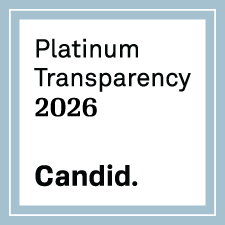As a professional advisor, guiding your client through the sale of their business marks a pivotal moment. Transitioning from managing and growing a business to strategizing the optimal use of the proceeds can be complex. Your client's focus shifts from day-to-day operations to long-term financial planning, and your role becomes crucial in this journey.
Throughout their business journey, your client likely relied on a robust team of professionals, including a banker, financial advisor, attorney, and CPA. Now, as they contemplate selling their business, this team will be instrumental in navigating the sale process and advising on managing the influx of capital they will receive. This might include planning for a well-deserved vacation and making sound investments to grow their wealth without starting a new business venture.
In your discussions, you might consider advising your client on diversifying their financial investments, ensuring their deposits are secure, and potentially paying off any outstanding debts. Additionally, establishing a donor-advised fund could be a valuable recommendation. This strategy not only allows them to spread goodwill but also offers potential tax advantages.
A donor-advised fund (DAF) is a philanthropic vehicle set up through community foundations, like the Community Foundation for Northern Virginia, national DAF organizations, or public foundations. Your client retains the ability to direct which causes and organizations benefit from their fund. Essentially, contributions to a DAF go into an investment account designed to support the charities, foundations, and causes that align with your client’s values.
Working with the Community Foundation for Northern Virginia, your client can establish a DAF that directly benefits the community where they built and sold their business. This transition enables them to move from supporting the community through their business services to using the proceeds from the sale to further contribute to local causes.
Contributions to a DAF are held in a charitable foundation, making them eligible for immediate tax deductions, similar to donations to any public charity. Moreover, DAFs can offer additional tax benefits under certain circumstances. Navigating these benefits and potential deductions is where your expertise, alongside the client’s financial and tax advisors, becomes indispensable.
Unlike one-time donations to local charities, DAFs accept a wide range of non-cash assets. These can include restricted stock, publicly traded securities, hedge fund interests, cash equivalents such as wire transfers or checks, and certain cryptocurrencies—though it's important to confirm the specifics with the foundation managing the DAF, especially for more complex assets like cryptocurrencies.
In summary, a donor-advised fund provides numerous advantages. It allows your client to maintain control over their charitable contributions, offers the potential for substantial tax benefits, supports contributions beyond cash, and ensures their donations align with causes they care deeply about.
Even if your client hasn't sold their business yet, establishing a DAF with the Community Foundation for Northern Virginia remains a strategic way to invest in their community’s future and leave a lasting legacy.
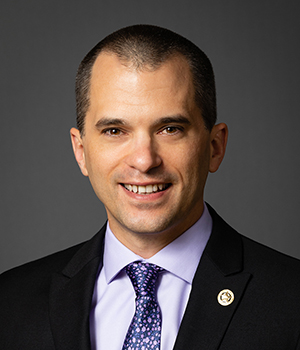 James N. Estep, Executive Vice President and Director of Commercial & Industrial Lending at John Marshall Bank
James N. Estep, Executive Vice President and Director of Commercial & Industrial Lending at John Marshall BankThe information contained in this article is provided for informational purposes only. It is not intended as legal, accounting, or financial planning advice.


 Questions?
Questions?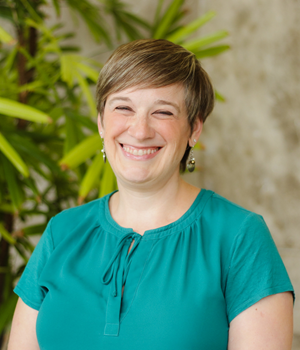 Questions?
Questions?
